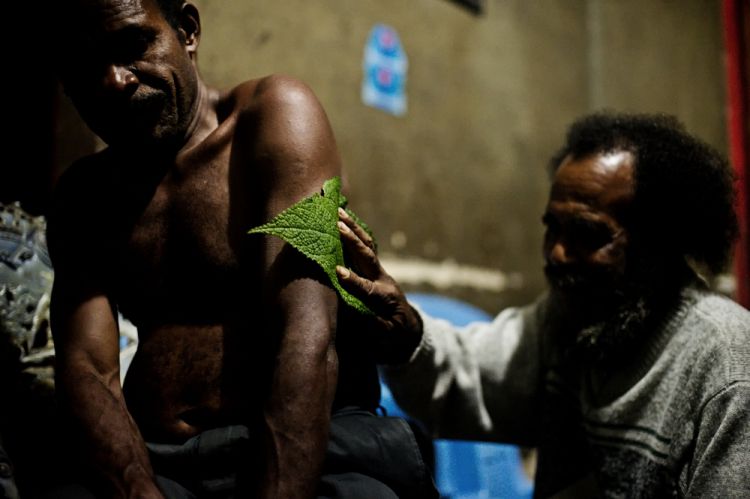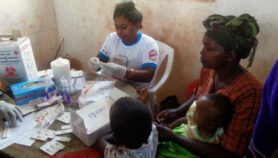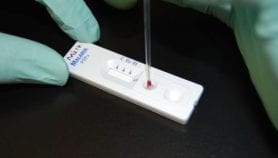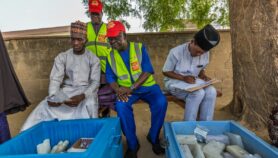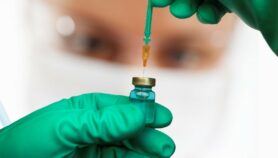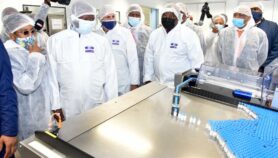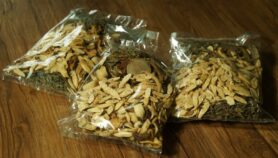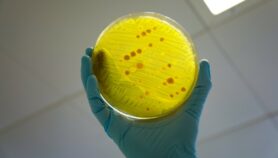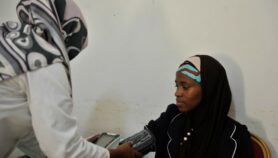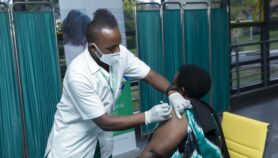Send to a friend
The details you provide on this page will not be used to send unsolicited email, and will not be sold to a 3rd party. See privacy policy.
[PORT LOUIS] A Malagasy phytochemist, Philippe Rasoanaivo, is the winner of the 2015 Olusegun Obasanjo Prize administered by the African Academy of Sciences (AAS).
His work on Hazolava — a traditional plant in Madagascar — which may be important for treating psychiatric and sleep disorders, convulsions and male sexual dysfunction led to the award being given to him last month (21 June) at the AAS 10th General Assembly in Kasane, Botswana.
Rasoanaivo, tells SciDev.Net that neurological and psychiatric disorders represent a serious public health in Africa “that requires urgent attention”.
“This is the area where our African scientists, who [have] a lot of experience and competence but little means, should work.”
Theeshan Bahorun, Centre of Excellence for Biomedical and Biomaterials Research
“Sub-Saharan Africa does not have sufficient resources for [psychiatric disorders] treatment and research,” says Rasoanaivo, who is a professor at Madagascar-based University of Antananarivo and the Malagasy Institute of Applied Research, Rakoto Ratsimamanga Foundation.
He adds, “Patients remain largely undiagnosed and do not have access to sustainable, affordable treatment and optimal medical care. Local populations thus seek treatments in traditional medicine.”
He explains that Hazalova may also treat erectile dysfunction, a common impairment among older men, which is considered to be a significant public health issue because of its relationship to medical problems such as diabetes and hypertension.
“Given the current aging trends in the global population, the prevalence of erectile dysfunction is likely to increase significantly over the next 20 years,” Rasoanaivo emphasises.
The Malagasy researcher says that for him the prize means “African problems requires African solutions”.
Theeshan Bahorun, director of the Centre of Excellence for Biomedical and Biomaterials Research at the University of Mauritius, finds Rasoanaivo's work as an outcome of rigorous research that presents a lot of opportunities for developing alternative medicine.
“Many modern medicines emanate from plant bioactives,” he says, noting that modern techniques now available in biotechnology, medicinal chemistry and molecular biology could help create drugs from traditional plants.
Bahorun adds that Madagascar and other African countries have huge resources that can be tapped to develop research and validate use of medicinal plants: “This is the area where our African scientists, who [have] a lot of experience and competence but little means, should work to establish a solid and sustainable framework that would be the basis of medicines of tomorrow.”
Berhanu Abegaz, executive director, ASS, tells SciDev.Net it is very important to recognise the work of scientists “to encourage them to contribute to improving the lives of its populations”.
This piece was produced by SciDev.Net’s Sub-Saharan Africa English desk.


